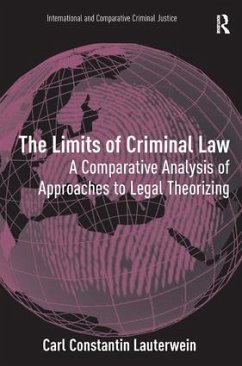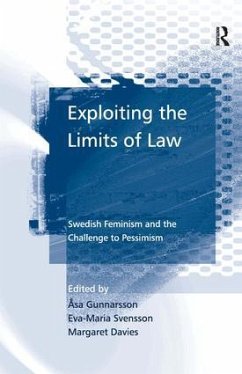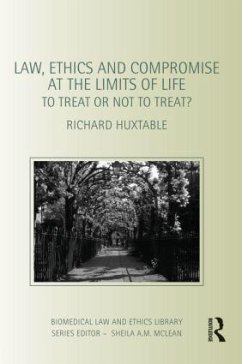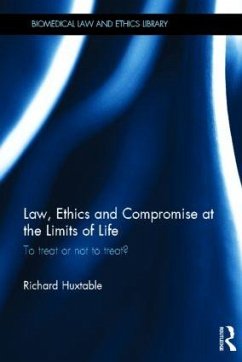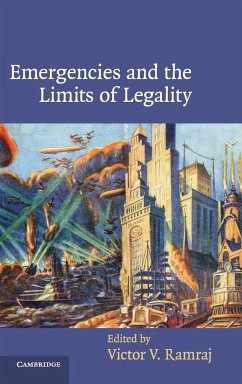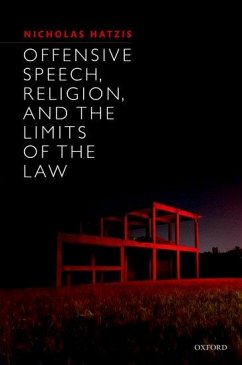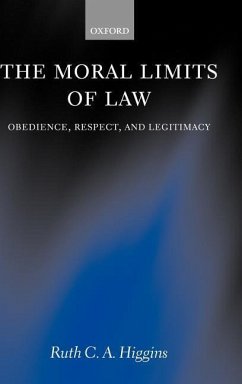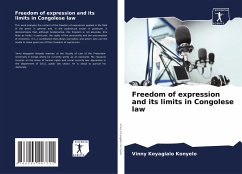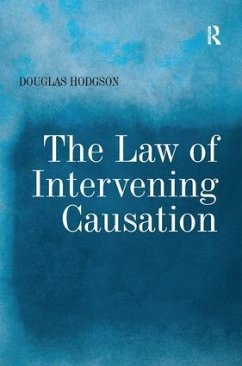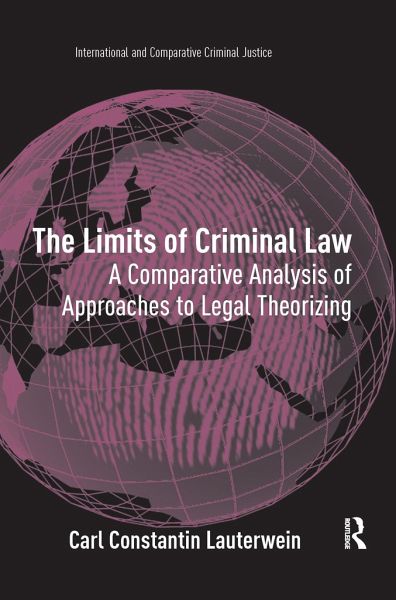
The Limits of Criminal Law
A Comparative Analysis of Approaches to Legal Theorizing
Versandkostenfrei!
Versandfertig in 1-2 Wochen
54,99 €
inkl. MwSt.
Weitere Ausgaben:

PAYBACK Punkte
27 °P sammeln!
This book compares the civil and common law approach to analyze the question - 'What sorts of conduct may the state legitimately make criminal?'. Through a comparative focus on an Australian and German context, this book utilizes interviews with Australian criminal law experts and contrasts them with the German model based on 'Rechtsgutstheorie'. By comparing the largely descriptive, criminology-based Australian approach with the more sophisticated German legal theory model the author finds the Australian approach to be suffering from a 'normative flaw', illustrated by the distinction of diffe...
This book compares the civil and common law approach to analyze the question - 'What sorts of conduct may the state legitimately make criminal?'. Through a comparative focus on an Australian and German context, this book utilizes interviews with Australian criminal law experts and contrasts them with the German model based on 'Rechtsgutstheorie'. By comparing the largely descriptive, criminology-based Australian approach with the more sophisticated German legal theory model the author finds the Australian approach to be suffering from a 'normative flaw', illustrated by the distinction of different approaches to the offences of incest, bestiality and possession of illicit drugs. Carl Constantin Lauterwein discovers that while there is strength in the common law approach of describing the possible reasons for criminalizing certain conduct, the approach could be significantly improved by scrutinizing the legitimacy of those reasons.





